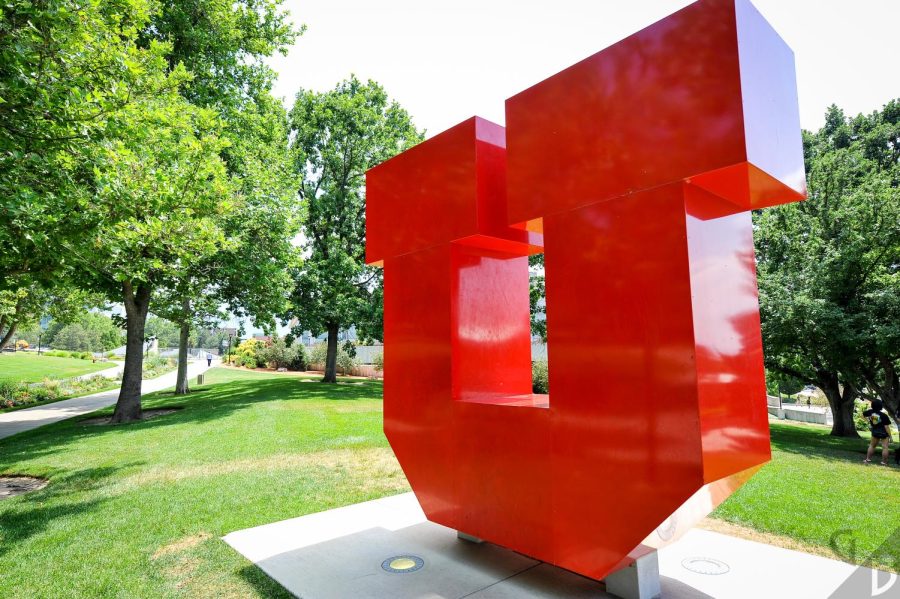During the 2024 legislative session, H.B. 261 was passed, prohibiting state higher education institutions from engaging in specific initiatives to foster campus diversity and is set to take effect on July 1.
Known as the “Equal Opportunity Initiatives” law, H.B. 261 requires organizational changes and some adjustments in services and advocacy efforts at the University of Utah and other higher education schools in the state.
Eliminating the Division of Equity, Diversity and Inclusion
Lori McDonald, vice president of student affairs, outlined the changes in an April message to student affairs and EDI staff.
“Effective immediately, the Equity, Diversity, and Inclusion (EDI) centers — including the Black Cultural Center, American Indian Resource Center, Dream Center, and Center for Equity and Student Belonging — will be integrated into Student Affairs,” McDonald stated.
Full-time employees who work in the EDI division will be integrated into positions under the Office of Student Affairs, as will student support staffers who worked in the EDI centers.
McDonald’s message to the student affairs office also adds student resource centers will still be able to engage in their work of supporting students from marginalized groups “as long as they make their services available to all students.”
The EDI division will be eliminated on July 1.
New EDI Guidelines
The U released new guidelines on the use of EDI for faculty and students on May 1, outlining how further changes made in H.B. 261 will be implemented at the university.
Under the new guidelines, administrators should avoid the use of “‘diversity, equity, and inclusion’ in connection with any policy, procedure, practice, program, office, initiative, or required training.” The rule also extends to committees, activities and interview questions.
Trainings that contain the same language or cover EDI topics cannot be made mandatory for students and faculty and will have to be done on a voluntary basis. However, multiple parts of the new law were not addressed in the university’s guidelines. The university may not compel a signed EDI statement as part of admission to a course, and professors will have to release their syllabi publicly. In addition, according to section 53B-1-117 (3) of Utah code, faculty and staff must be trained annually on free speech and academic freedom.
Affirmative action will also be banned at the U, since the new guidelines prohibits using characteristics like race, gender and nationality as criteria for hiring or admissions. The U did not previously use affirmative action in their decision making processes.
The guidelines state the U is still encouraged to hire and admit faculty and students from a wide range of ethnicities and backgrounds. The final hiring and admission decision, however, must be based on best qualifications, not race, ethnicity, gender, etc.
Furthermore, any school-sponsored organizations, those who are legally separated but receive funding from the U, are expected to comply with the EDI guidelines. This includes ASUU.
Federally or Utah recognized tribal membership was also addressed in the guidelines. Tribal membership is excluded from the definition of EDI characteristics, so tribal membership can be considered for all purposes. H.B. 261 specifically permits the U to comply with the terms of its agreement with the Ute Tribe.



